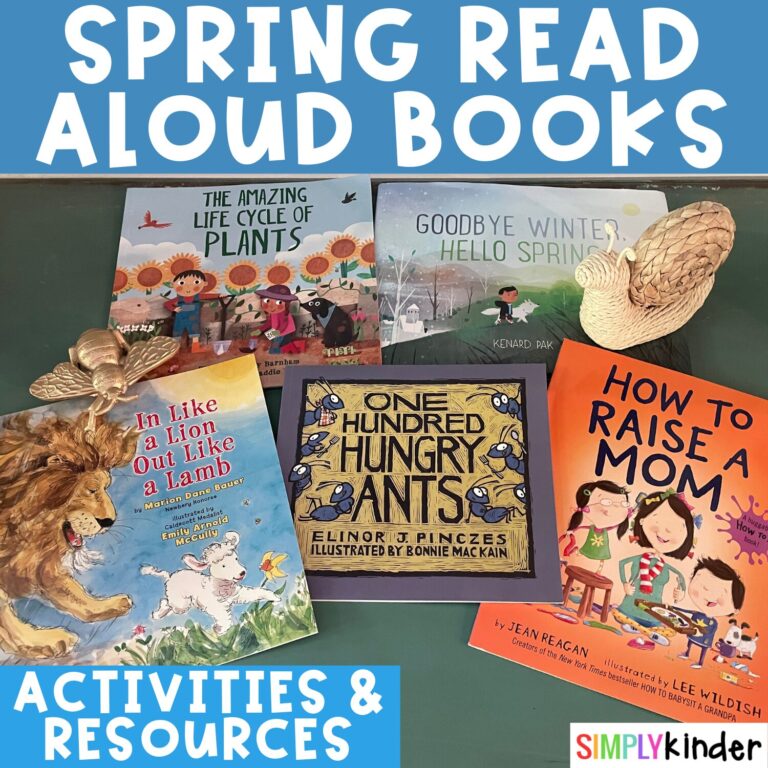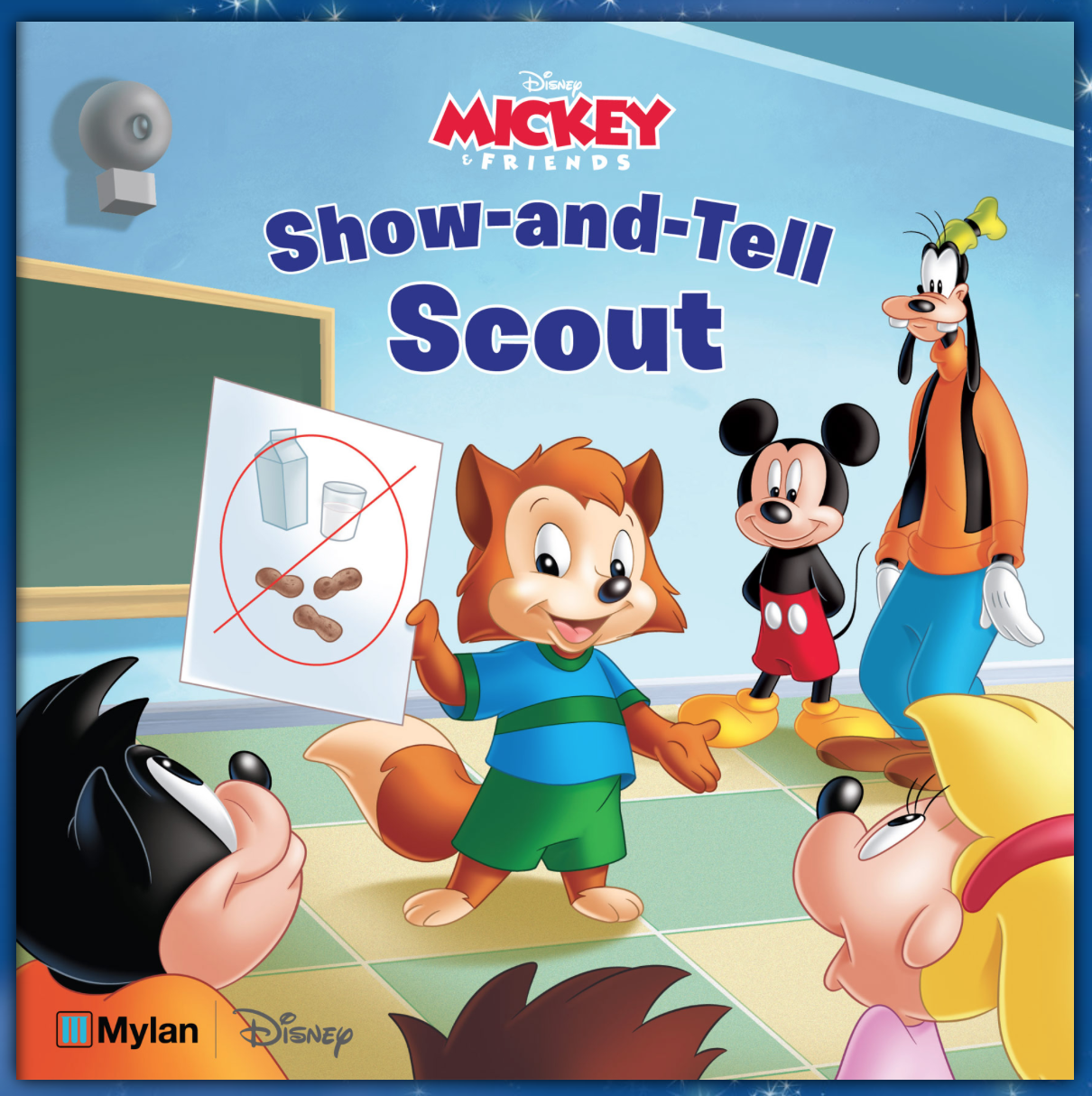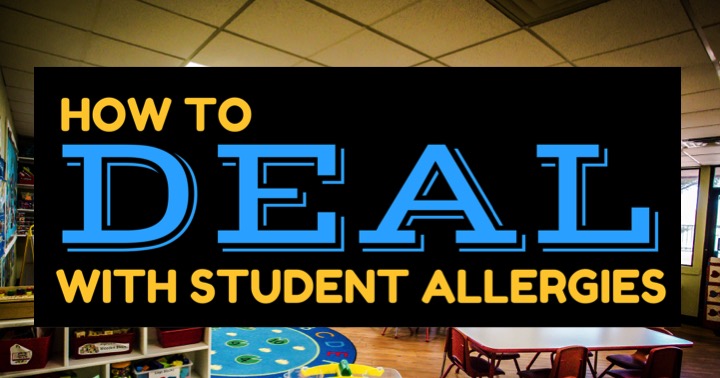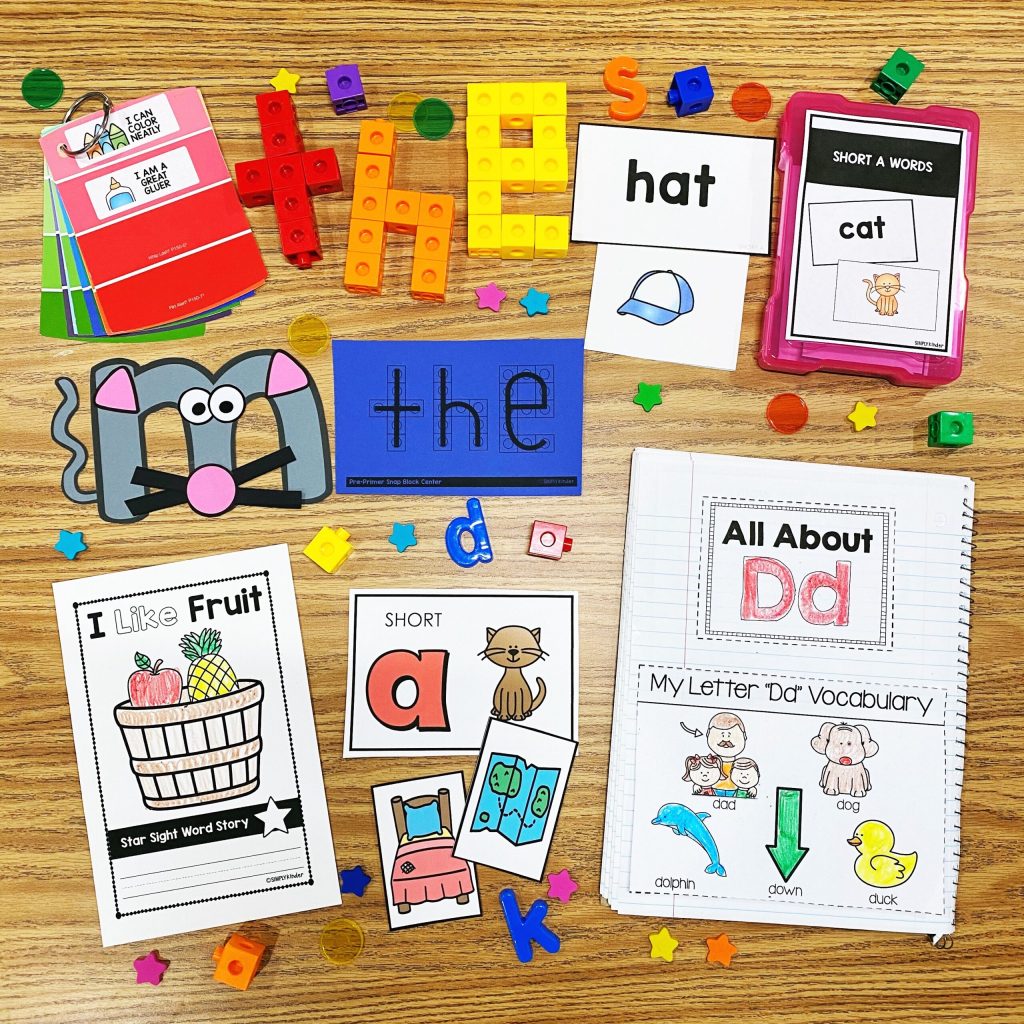
Home » How to “DEAL” with Student Allergies
You just found out you are getting a child with a severe food allergy. Now what? How do you “DEAL” with Student Allergies? We all know that there are some pretty severe reactions that can happen to these kiddos, but did you also know food allergies can affect a child’s ability to learn in school? And so it’s extremely important that we ALL take the time to know about severe student allergies to ensure that all kids on our campus are safe and successful.
Every district and even school can handle allergies differently. I have personally been at schools that have student Epi-Pens in the classroom and have been at other schools where the Epi-Pens are not allowed to leave the nurse’s office except with the nurse. And so you really need to familiarize yourself with the policies. Be honest with them. Let them know your concerns as the teacher so you are well informed if anything ever happens.
Every child with a severe allergy should have an action plan with the nurse. I would ask the nurse to see that action plan so that way you are fully aware. I also like to do this in case the nurse is at lunch or out for the day and there is an issue. YOU are the student’s biggest advocate when they are with you at school and so you need to be in the know.
This is an important step. We all know communication is key and especially so with kids with severe food allergies. Even though the paperwork details it all for you, ask them directly what the allergy is, what the reactions look like, and what you should do. This builds trust between you and them and also is a second layer of communication between the nurse and you and the families.
You will also want to ask them how they would like you to talk with the class about the allergy. Every child and family is different and so you will want to know exactly how the family wants you to handle it. Do they want it confidential or do they want the class to know about it? You should honor their privacy and request.
Ask your families about lunch and snacks in the classroom. Make sure you have a clear understanding of what the parent’s expectations are during these two times. And if you do have to go food-free in the classroom – here is a great free letter to celebrate birthdays without food.

Mylan, a pharmaceutical company, and Disney teamed up to create this story to educate children about the seriousness of food allergies. The book is about a little fox, named Scout, who is severely allergic to milk and peanuts. Scout is about to go to Kindergarten and his mother is worried about sending him because she is afraid he will have an allergic reaction when she is not around. The book describes the responsibility of the doctors, parents, teachers, school nurse, and students when someone they know has a food allergy. The best part is that Show and Tell Scout is available for your for FREE to read online with your students. Click here to read it or you can order your own copy on Amazon here.
You will, of course, want to clear this with the family first, but if your student is comfortable talking about their food allergy then allow them to do so. The likelihood of you having multiple students with allergies is good and so they won’t be alone. Also, with our little people, the conversation will turn into “I don’t like broccoli” and so many kids will be able to make a small bit of sense of it all.
So why am I so passionate about this? Well, my oldest son is allergic to nuts, soy, potatoes, eggs, and a whole other HUGE list of things. We have faced our allergy head on and not allowed it to slow us down. We communicate openly about it and do not live in fear. So my kid can’t eat nuts…. big deal. Trust me, there are WAY worse things that can happen than a child not being able to eat a peanut butter sandwich.
I also truly believe in creating an environment that is all inclusive. To me, it is never OK for a child to not get to participate in something, especially because of an allergy. As the teacher, it is my job to plan activities that include 100% of my children and I guarantee no one will be harmed by not eating a nut in your classroom.
What tips or tricks do you have to help “deal” with student allergies in the classroom?


With Unmatched Printables & Engaging Classroom Ideas, Simply Kinder is your TRUSTED TEAMMATE.

Get our emails loaded with free resources, teaching ideas, and so much more!

You might also like: